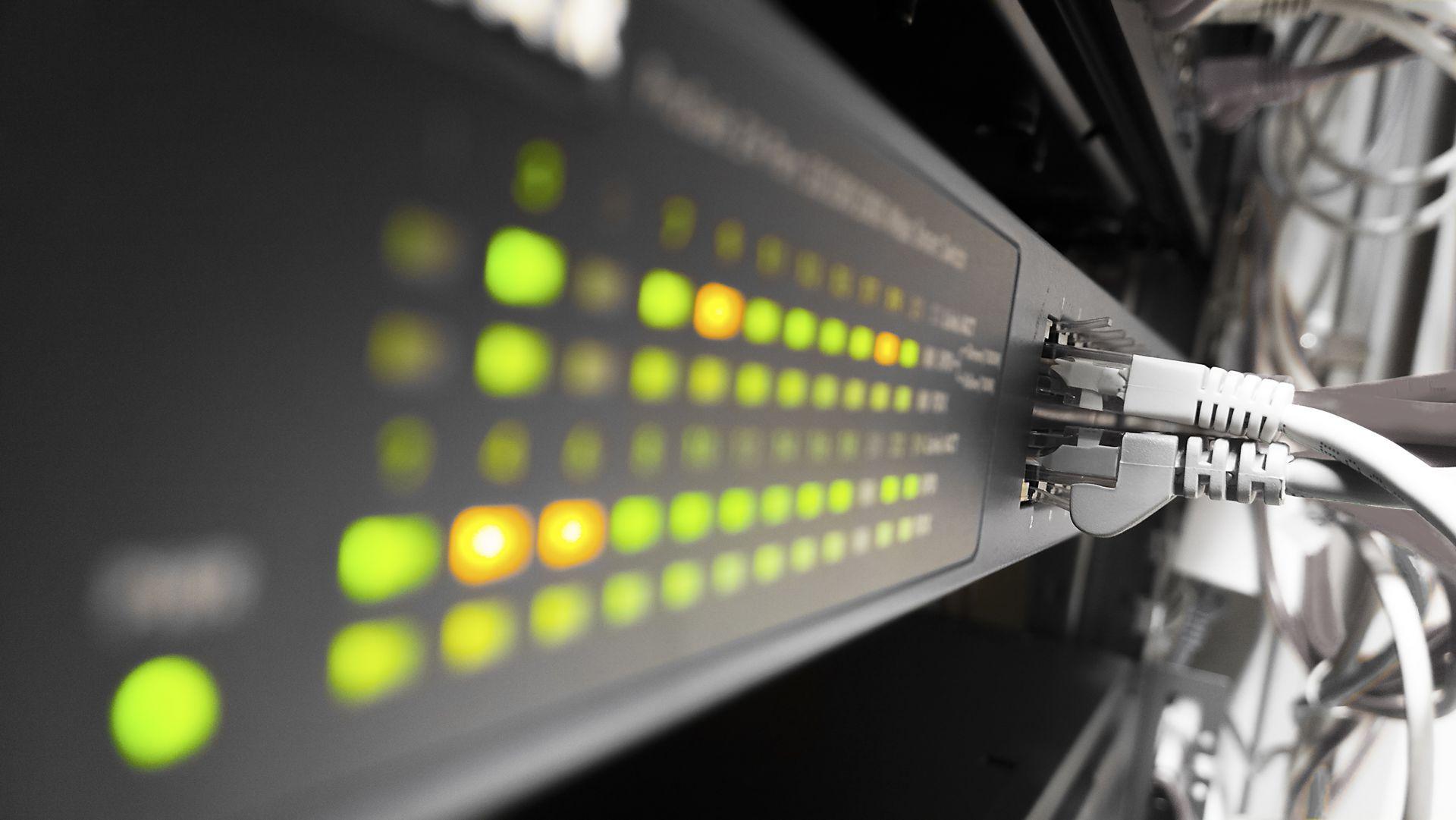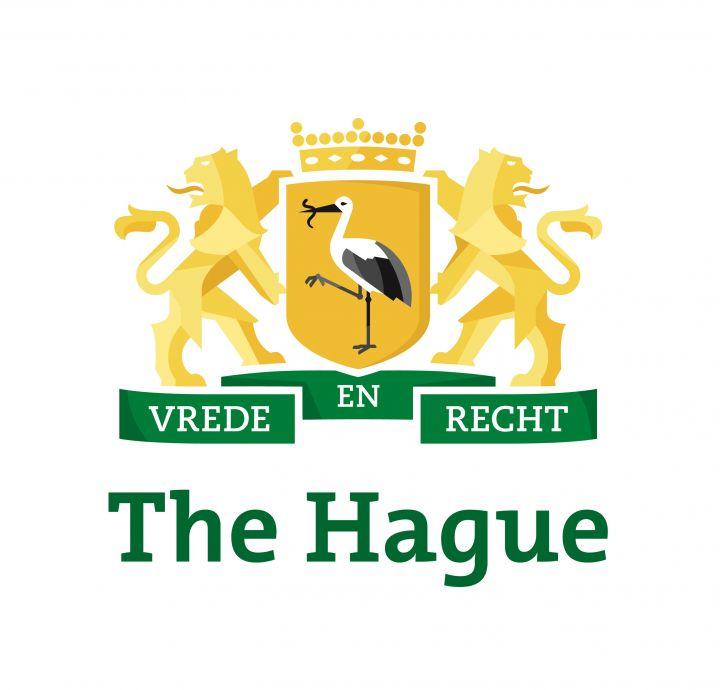Open Source Data Diode
The aim of the Open Source Data Diode (OSDD) innovation programme is to increase cyber security in the Netherlands by making available a low end, low cost, open source data diode to public and private parties in the Netherlands.
Data diode
A data diode is a device (hardware & software) that -because of its physical properties- makes data transfer possible in only one direction. Thus, data diodes can protect networks and systems against external cyber threats.
Low-End, Low-Cost
The currently available data diodes are aimed at the highly classified domain, where a high degree of information security applies. As a result of that they are relatively complex and expensive. Low-end, low-cost data diodes, are intended for use in the lower classified segment, such as:
- Data streams from and towards the internet
- Medical sector (operating rooms, privacy)
- Smart City en semi-critical infrastructure
- Internet of Things (connected devices and home care)
- Linking of legacy systems (logistics, administration)
- Robotized industry, Industrial Control Systems
Open Source
To make data diodes accessible to everybody in the Netherlands, the low-end data diode will be available in open source. Design and source code can be used freely.
Cyber security in the Netherlands
The availability of a low-end, low-cost, open source data diode will lower the threshold for large-scale application of data diodes. This brings data diodes within the reach of (lower) governments, the business community (i.a. SMEs) and ultimately even households and private individuals.
To make this possible, the price of data diodes must be significantly reduced, the devices must be miniaturized and responsible use must be made easy. Low-end, low-cost data diodes can thus make an important contribution to strengthening domains in which currently few digital security barriers are used. The combination of low-end, low-cost data diodes with existing technologies such as firewalls and airgaps, could substantially increase cyber security in the Netherlands.
Results Mid-2020
To achieve this, HSD Office -as a first step- has researched the potential of open source data diodes during a round table meeting with relevant public and private stakeholders. Also, a study into the possibilities of (open source) data diodes for cyber security was conducted by The Hague Center for Strategic Studies. In both cases the potential of an OSDD was confirmed. Commissioned by the Ministry of Defense, subsequently Technolution from Gouda started developing an OSDD demonstrator, which was successfully built and handed over to the Ministery of Defence in early 2020. The 'Nationaal Bureau voor Verbindingsbeveiliging' (NBV/ Ministry of the Interior and Kingdom Relations) has performed a positive first quick scan of hardware component of the device. Parallel to this, HSD Office has conducted a broad inquiry into potential usecases and relevant end users within the HSD ecosystem and has started building a relevant community. An HSD Cafe about the OSDD took place on 4 July 2019.
Next Steps
A number of relevant parties will also test the OSDD demonstrator in practice (when the possibilities for this become available again in times of Corona) to verify the usability for different domains. Parallel to the construction of the demonstrator, open source management will need to be set up for a future operational OSDD. Also, necessary steps to lift the demonstrator to a more mature solution will be taken together with all partners involved.
Call for Use Cases
If you have a relevant use case in mind for your organisation or working domain, it is still possible to contact us via info@thehaguesecuritydelta.com.
HSD Office
The Dutch security cluster HSD is supported by HSD Office. As an independent organisation, HSD Office stimulates and facilitates collaboration and knowledge sharing between governments, businesses and knowledge institutions in the field of security. Together we set up innovation programmes, such as the Open Source Data Diode process, using the HSD Collaboration Model for Security Innovations (ENG/NL).
HSD Office conducts the following process steps for the OSDD:
- Pre-competitive consultation and demand specification
- Realisation of OSDD demonstrator and design of open source ecosystem
- Evaluation of the OSDD demonstrator
- Operationalisation and transfer to the open source community
Read the information in Dutch.
Read the HSD Data Diode report 'Understanding the Strategic and Technical Significance of Technology for Security'. and the interview with Marcel Smits of innovation centre FRONT on the potential of (open source) data diodes.
























